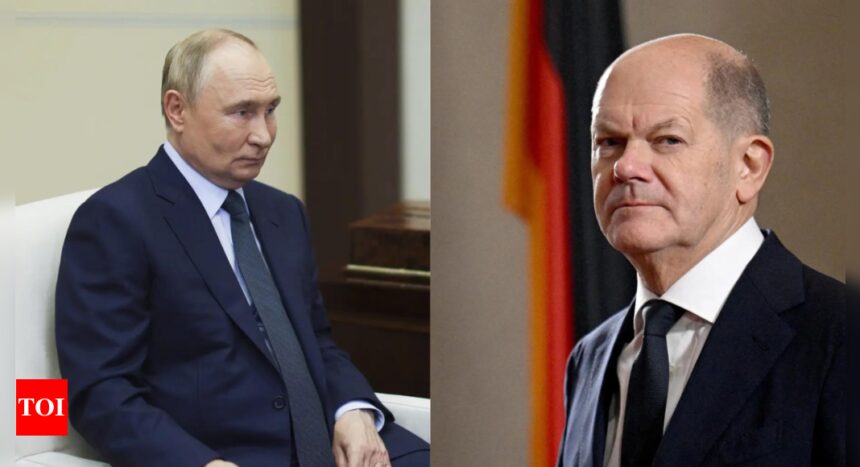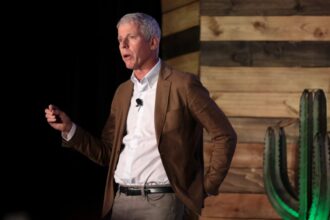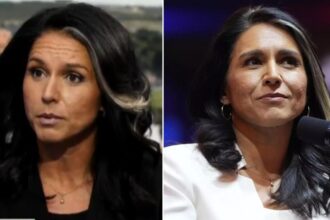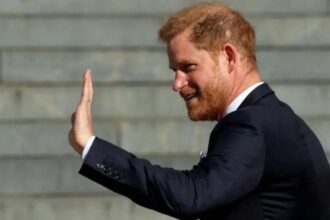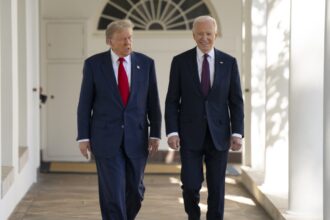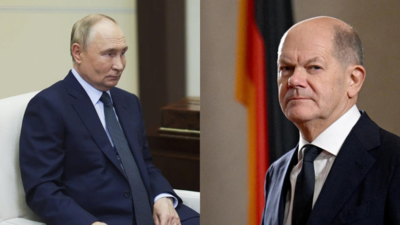
BERLIN: German Chancellor Olaf Scholz and President Vladimir Putin of Russia spoke by phone for an hour Friday, the first discussion between Putin and a sitting leader of a large Western country since late 2022.
German authorities said the call centered on prospects for ending the war in Ukraine.
The Kremlin confirmed the conversation and said Scholz initiated the call.
Scholz called on Putin to end the war, contending that Russia had not achieved its goals after almost three years, according to the German government’s summary of the call. Scholz condemned Russian attacks on civilian infrastructure and assured Putin that Germany would continue to assist Ukraine.
Scholz also told Putin he believes that the deployment of North Korean troops to assist Russia in Ukraine amounts to a serious escalation of the conflict, according to the summary.
Despite Scholz’s apparent criticism of Russia’s invasion, the call suggests that contact between the Kremlin and Western powers may increase, following the election last week of Donald Trump in the American presidential election.
Trump has expressed skepticism over continued US aid to Ukraine and has promised to push for immediate peace talks, injecting new uncertainty into the West’s support for Ukraine’s war effort.
According to the Kremlin, Putin told his German counterpart that any peace deal in Ukraine must be based on “new territorial realities and, most importantly, address the root causes of the conflict.”
Putin has repeatedly used these euphemisms to signal that Russia will not hand over Ukrainian territory it has captured and will demand guarantees of Ukrainian neutrality — for instance, an agreement that Ukraine would not join Nato.
Putin told Scholz that he is open to resuming peace talks with Ukraine on those terms, the Kremlin said.
The German chancellor spoke with President Volodymyr Zelenskyy of Ukraine before the call with Putin, and he planned to call Zelenskyy again to update him. Scholz’s spokesperson said the outreach was tightly coordinated with the Group of 7 partners.
In his nightly address in Kyiv, Ukraine, Zelenskyy called Scholz’s decision to speak with Putin “a Pandora’s box.”
“Now there may be other conversations, other calls,” he said. “Just a lot of words. And this is exactly what Putin has been wanting for a long time: It is extremely important for him to weaken his isolation, Russia’s isolation, and to conduct ordinary negotiations that will not end in anything.”


